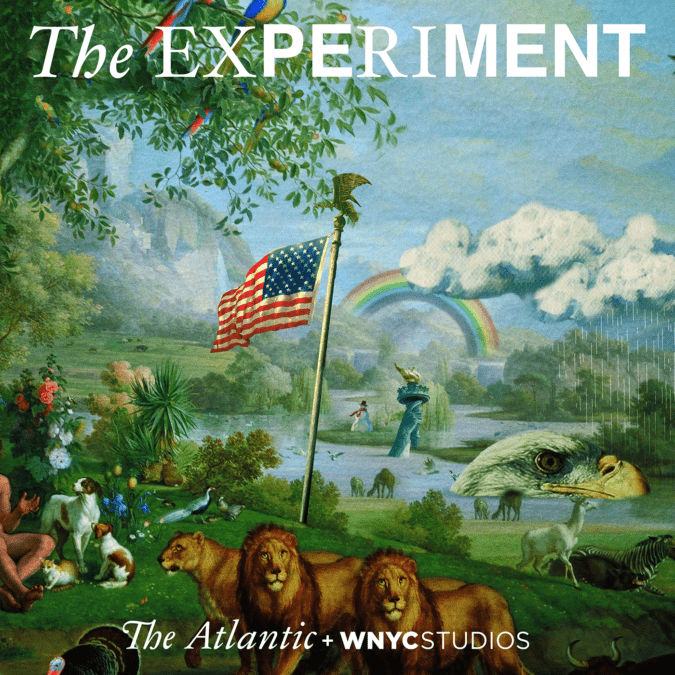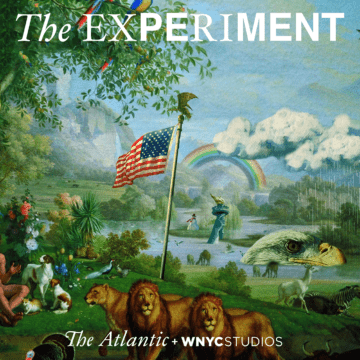At 19 years old, Aséna Tahir Izgil feels wise beyond her years. She is Uyghur, an ethnic minority persecuted in China, and few of her people have escaped to bear witness. After narrowly securing refuge in the United States, Aséna’s now tasked with adjusting to life in a new country and fitting in with her teenage peers.
This week on The Experiment, Aséna shares her family’s story of fleeing to the U.S., navigating newfound freedom, and raising her baby brother away from the shadows of a genocide.
This episode’s guests include Aséna Tahir Izgil and her father, Tahir Hamut Izgil, a Uyghur poet and author.
This episode of The Experiment originally ran on August 19, 2021.
A transcript of this episode is available.
Further reading: “One by One, My Friends Were Sent to the Camps,” “Saving Uighur Culture From Genocide,” “‘I Never Thought China Could Ever Be This Dark,’” “China’s Xinjiang Policy: Less About Births, More About Control”
Be part of The Experiment. Use the hashtag #TheExperimentPodcast, or write to us at theexperiment@theatlantic.com.
This episode was produced by Julia Longoria, with help from Gabrielle Berbey and editing by Katherine Wells and Emily Botein. Fact-check by Yvonne Rolzhausen. Sound design by David Herman, with additional engineering by Joe Plourde. Translations by Joshua L. Freeman.
Music by Keyboard (“Over the Moon,” “Mu,” “Water Decanter,” and “World View”), Laundry (“Lawn Feeling”), Water Feature (“Richard III (Duke of Gloucester)” and “Ancient Morsel”), Parish Council (“New Apt.”), and H Hunt (“C U Soon), provided by Tasty Morsels.
A translation of Tahir Hamut Izgil’s poem “Aséna” is presented below.
Aséna
By Tahir Hamut Izgil
Translation by Joshua L. Freeman
A piece of my flesh
torn away.
A piece of my bone
broken off.
A piece of my soul
remade.
A piece of my thought
set free.
In her thin hands
the lines of time grow long.
In her black eyes
float the truths of stone tablets.
Round her slender neck
a dusky hair lies knotted.
On her dark skin
the map of fruit is drawn.
She
is a raindrop on my cheek, translucent
as the future I can’t see.
She
is a knot that need not to be untied
like the formula my blood traced from the sky,
an omen trickling from history.
She
kisses the stone on my grave
that holds down my corpse
and entrusts me to it.
She
is a luckless spell
who made me a creator
and carried on my creation.
She is my daughter.



